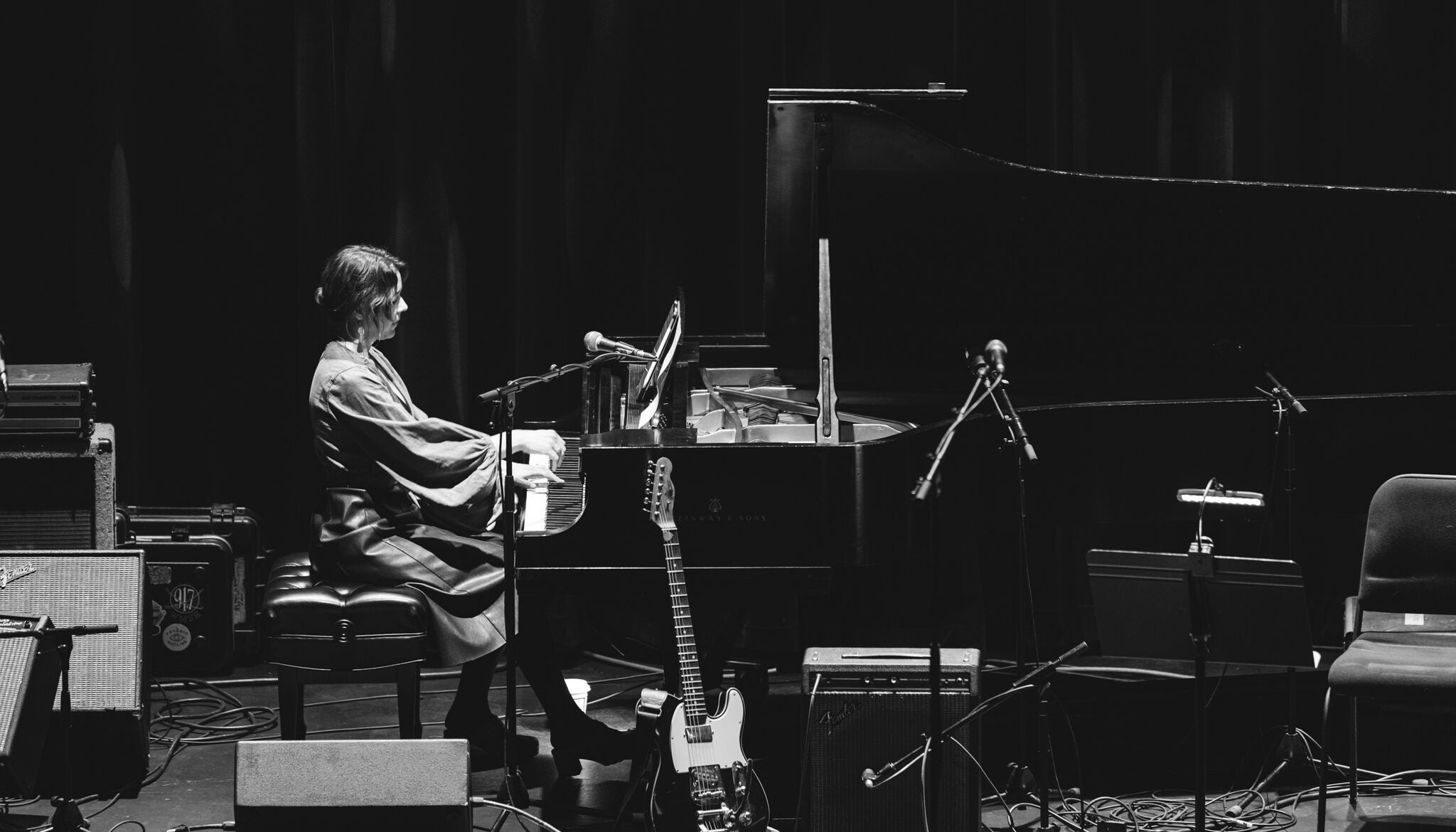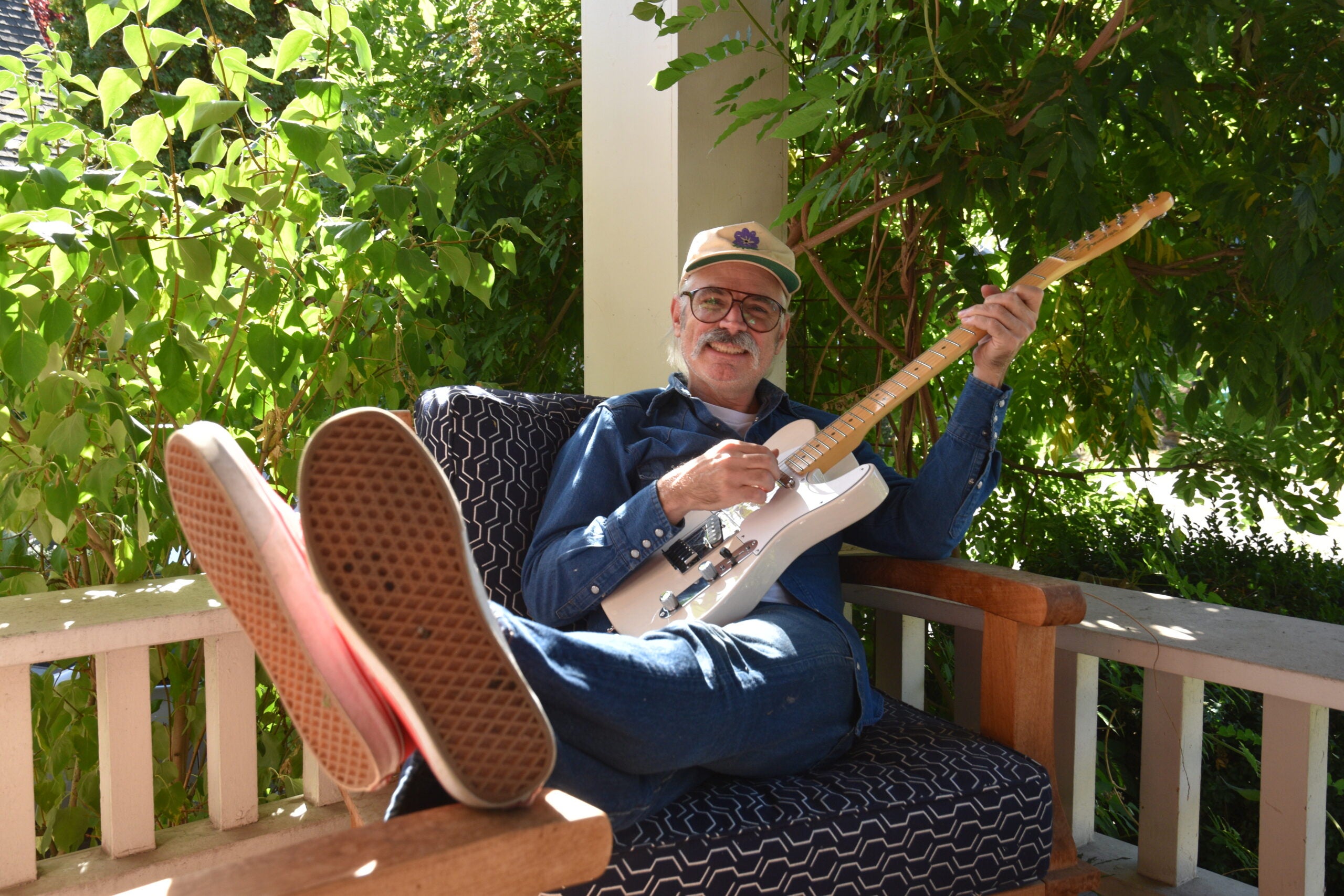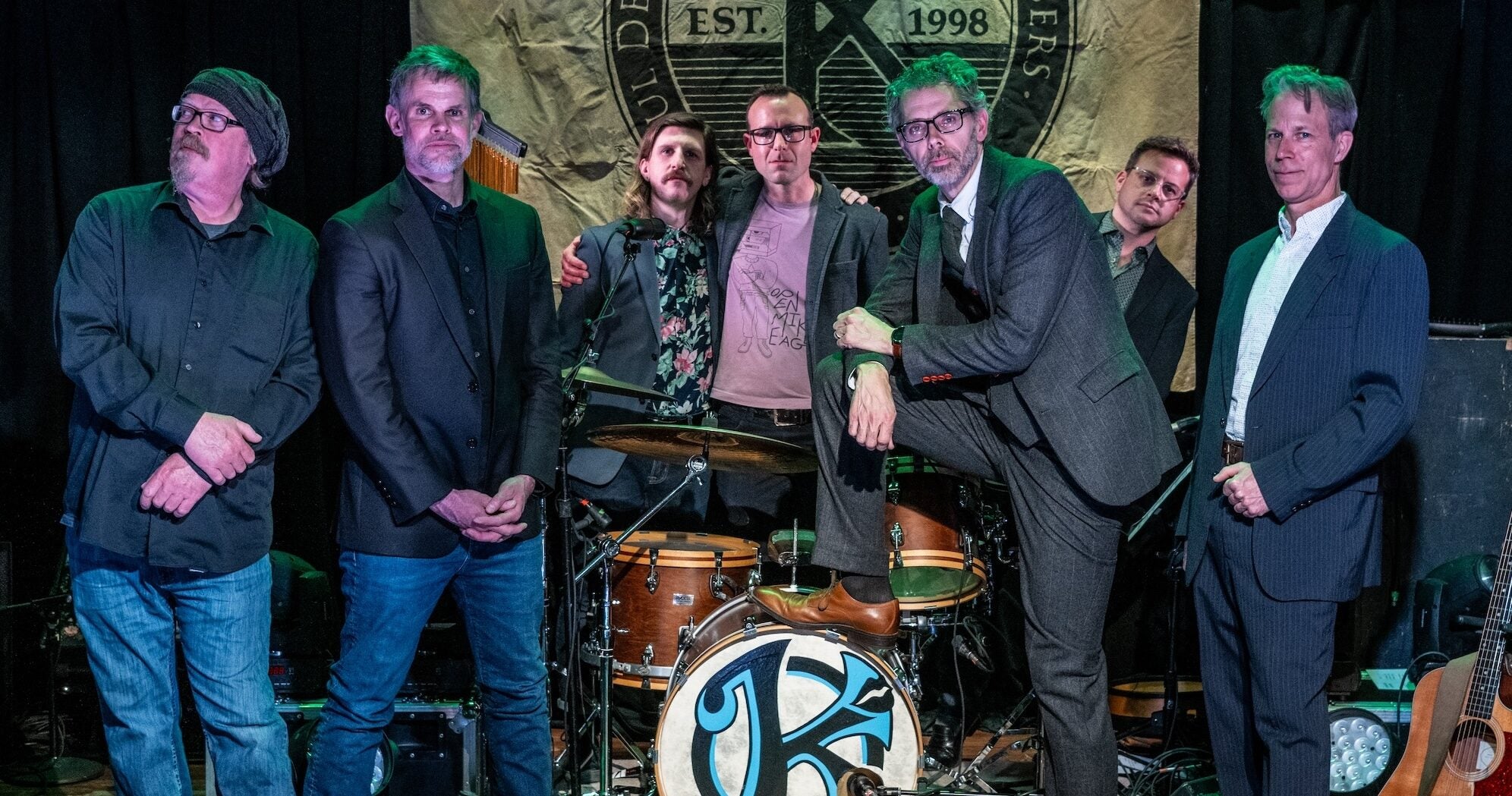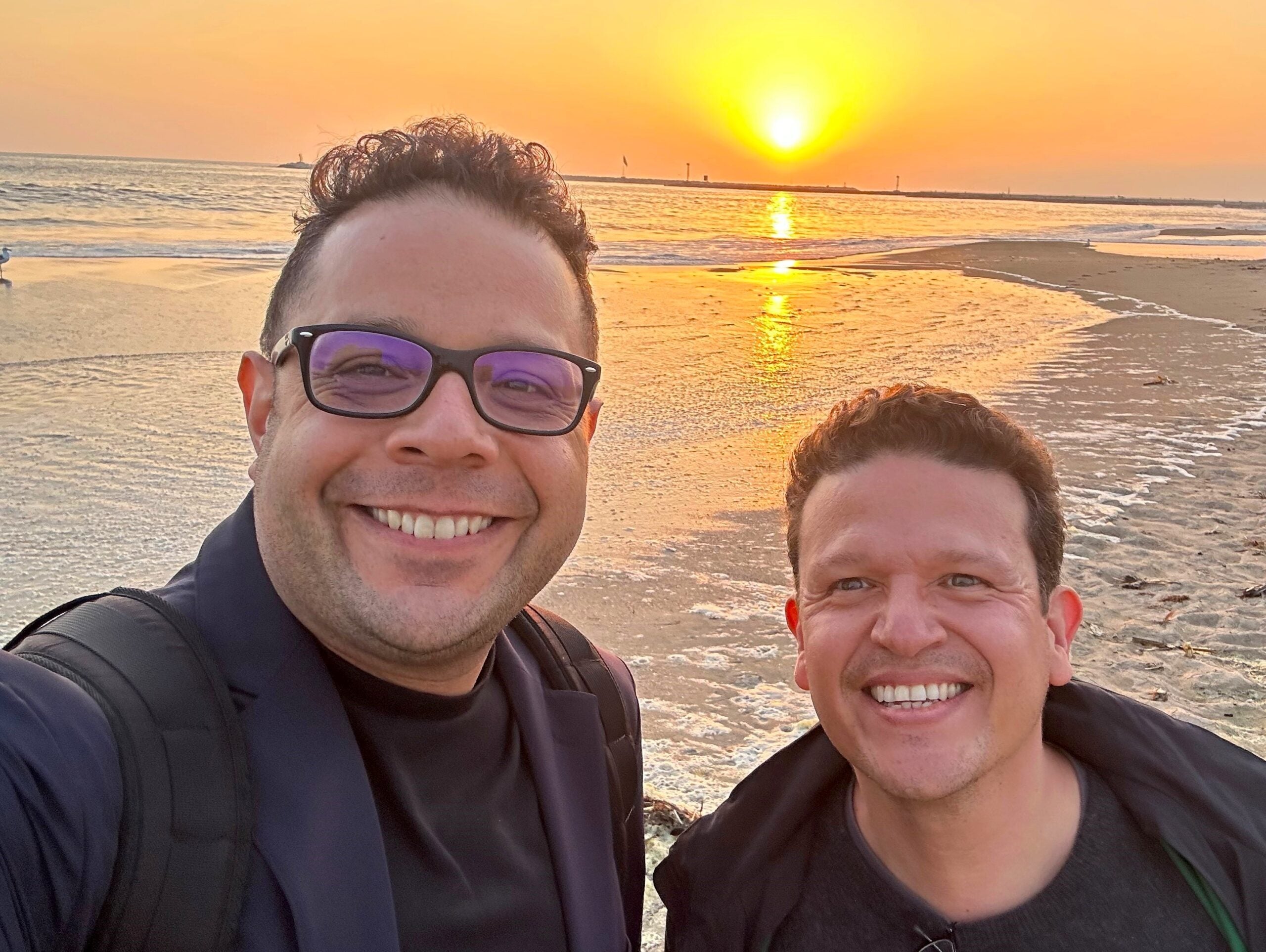Classical composer and pianist Alicia Rytlewski remembers a time when crafting music didn’t come so easily. When she was 7, Rytlewski’s parents would set the oven timer so she would get in her 30 minutes of practice.
“And if they didn’t hear any music, they’d yell from the kitchen, ‘I don’t hear anything!’ And I’d resume my practice,” Rytlewski told WPR’s “Wisconsin Today.”
In high school, Rytlewski started to get serious about her music. She later went on to earn a music performance degree from Ripon College.
Stay informed on the latest news
Sign up for WPR’s email newsletter.
Last month, she released her debut album called, “When We Were Bears.” She composed the songs across Wisconsin over the course of eight years, starting in 2016 when she was an artist-in-residence at a farm in Campbellsport.
Rytlewski joined WPR’s “Wisconsin Today” to talk about the people and places that inspired her new album.
This interview has been edited for length and clarity.
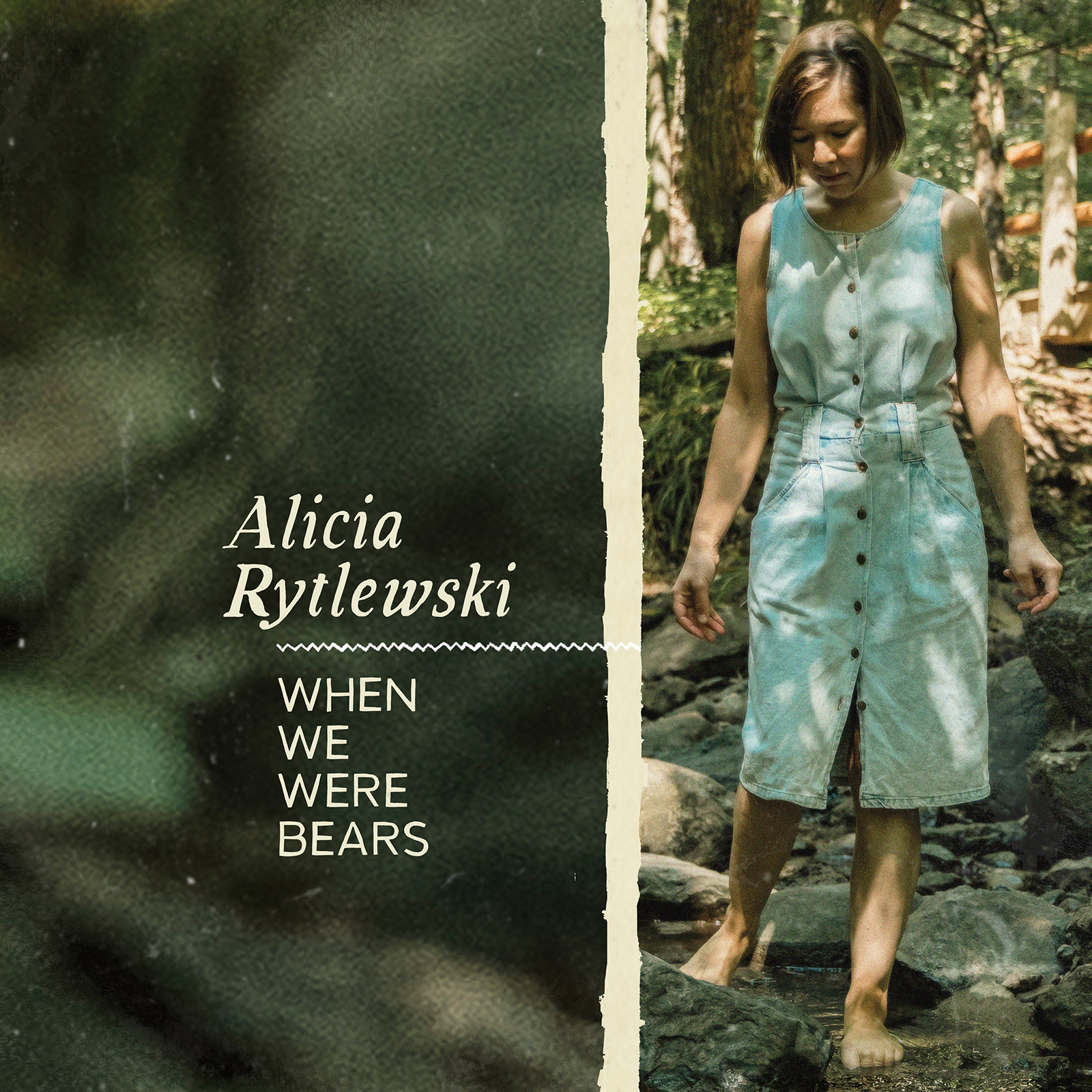
Kate Archer Kent: How did your residency at the Three Sisters Community Farm in Campbellsport spark musical inspiration for you?
Alicia Rytlewski: There’s something about being on a farm that feeds your spirit and your soul. Digging in the dirt, pulling weeds, harvesting vegetables, being out in nature for hours a day — that starts to clear your mind in such a lovely way.
I was working with the most amazing people on the farm, and that helped a great deal as well. But I did feel like I had a lot of space, and I felt like I had permission to hone in and start to see myself as a composer.
KAK: You wrote a three-movement piece inspired by the Three Sisters Community Farm. Movement two is called, “The Farmers.” What are we hearing in that composition?
AR: To me, farmers are … so efficient, so quick and accurate in their work, but they also really know how to take a break. In that piece, I hear them hurrying, but gracefully, through all of their enormous amount of work they have to do.
KAK: “When We Were Bears” is the title track on the album. What’s that song about?
AR: It’s about this friend that I met here in Milwaukee. I realized we came from similar backgrounds, and I felt an interesting connection with her. The song is specifically about reincarnation, or thinking about being connected to different people in different lifetimes. And that life is infinite. We have all these intimate connections with people that sometimes transcend some common acquaintance.
I think that idea pervades the album, in that the album is about connection. It’s about people who inspire you and make you feel connected to something much bigger than yourself.
KAK: But people and relationships change and evolve. Your relationships with the people who are the inspiration for some of these pieces change. How do you feel about the permanence of your music?
AR: That makes me think of Jonathan Richman. He has this idea that music evolves over time — he even changes his lyrics sometimes to reflect that in his music. My music does stay a little more the same, but I think the way I play the pieces feels so different now than how I used to play them. I had actually listened back to the one of the first times I ever played “The Farmers,” and it sounded so different to me.
KAK: What does your writing process look like?
AR: When I’m sitting down at first, I play around with sounds and ideas, and I’m grasping at, “What do I like? What is capturing me at that moment?” And then as I’m writing the piece, instead of thinking, I feel and I listen for the next part to come to me. And then if I hear it, but I can’t play it … I play around until I can capture that next part.
Sometimes, as I’m working on it, it doesn’t go linearly. Sometimes I hear a part but it doesn’t connect to the first part. So I record all these different pieces, and then I connect them as I go. Once I’m finished, I make a full recording of it, and then after that, I will score the piece.
KAK: You have made your sheet music available for others to play. Why is that?
AR: [Before composing], I was always looking for new music, and I couldn’t get enough. I was looking for this specific genre of music like Ludovico Einaudi’s — classical crossover stuff, like Eydís Evensen and Yann Tiersen.
I couldn’t find enough of it, and so I thought, “I need to write my own pieces as well.” Scoring them was a big part of this process, because I wanted to be able to give it to other pianists.
KAK: What do you hope we take away from “When We Were Bears”?
AR: For me, music is about processing and feeling a space. And I know that sounds a little bit odd, but music puts me in a place, and I wanted to share that feeling with other people — feeling like you can feel at peace with yourself in a moment, or enjoy the bird songs a little more because you’re listening to this piano track.
You can preview “When We Were Bears” below.
Wisconsin Public Radio, © Copyright 2025, Board of Regents of the University of Wisconsin System and Wisconsin Educational Communications Board.

